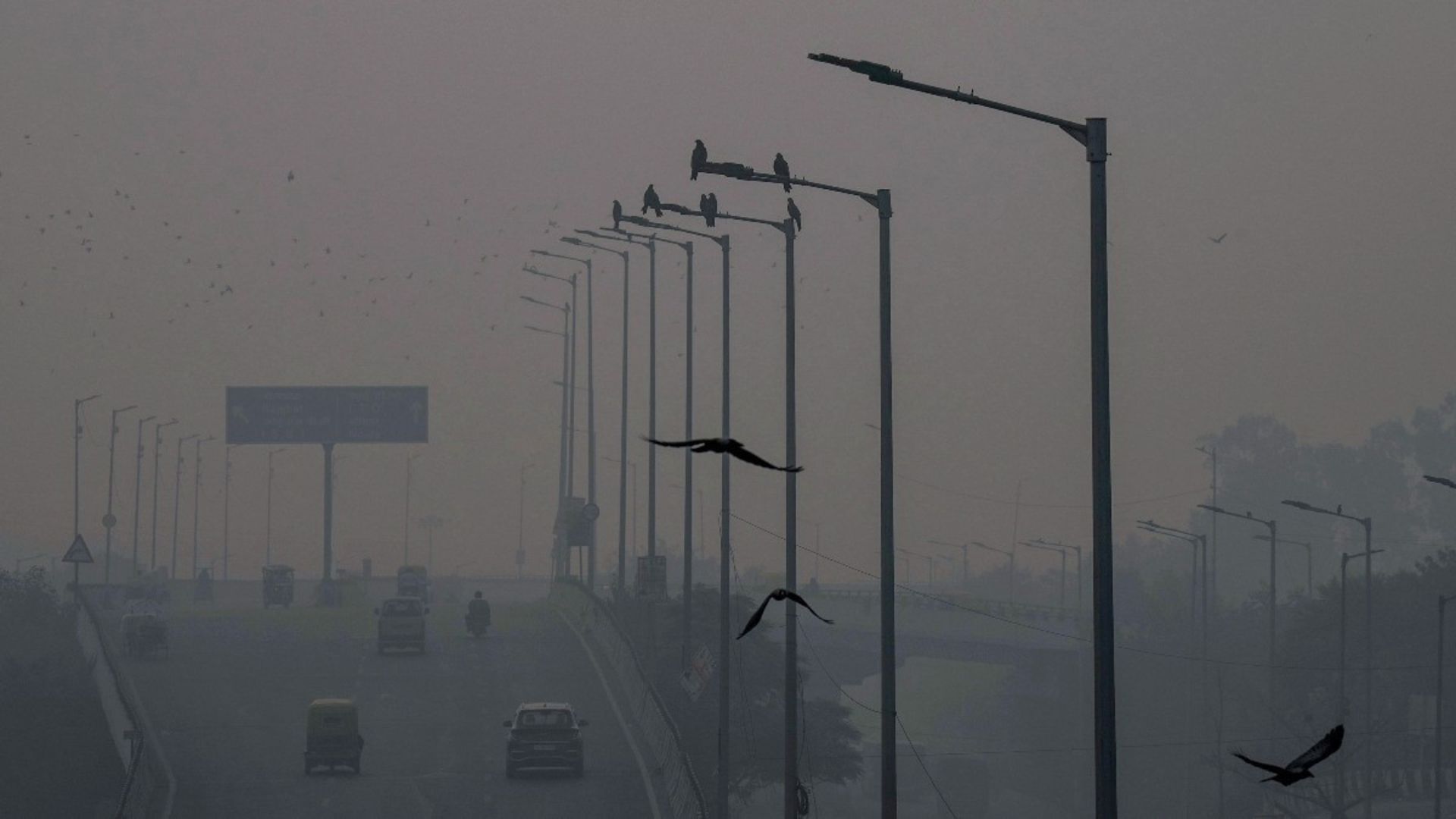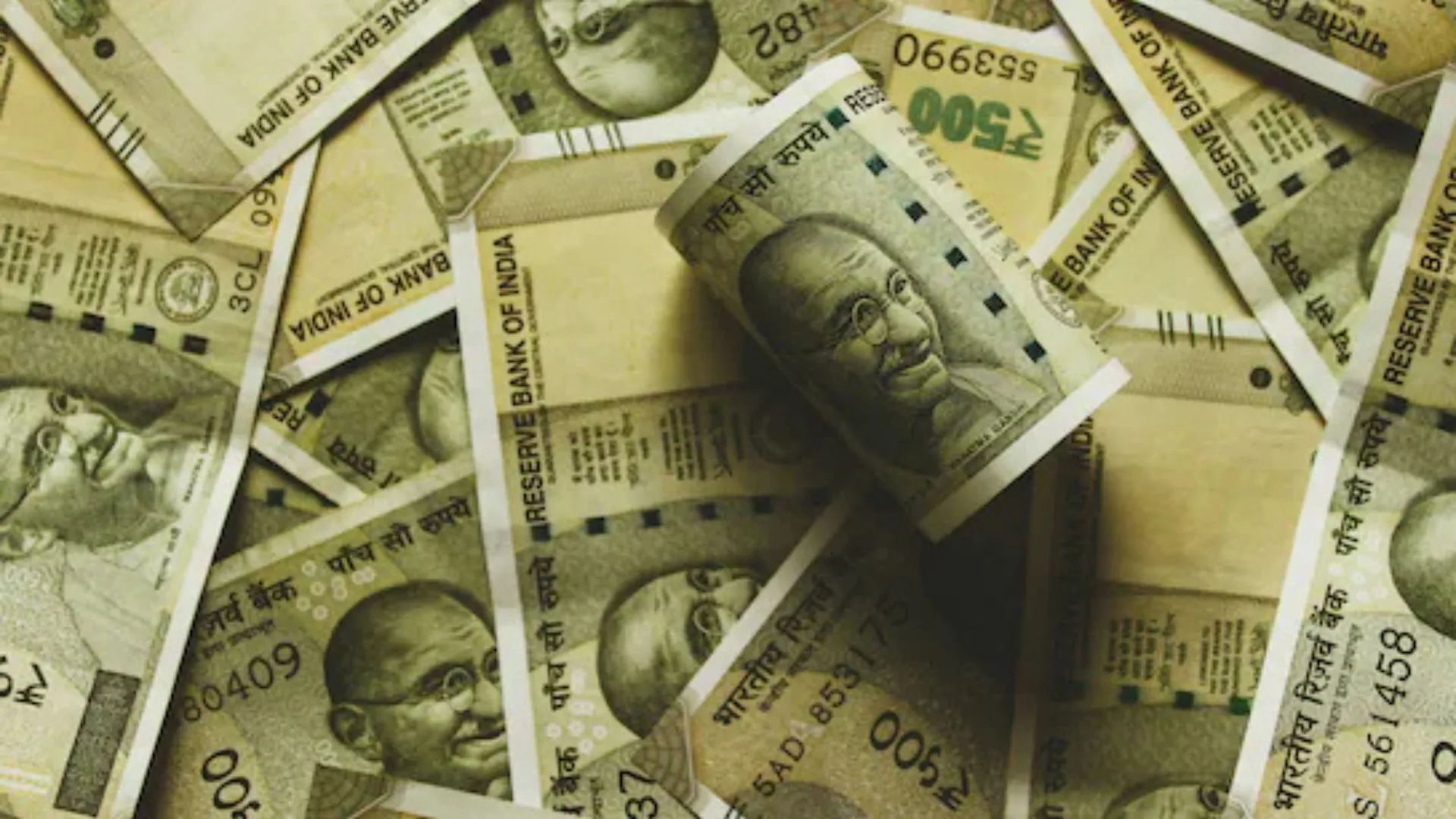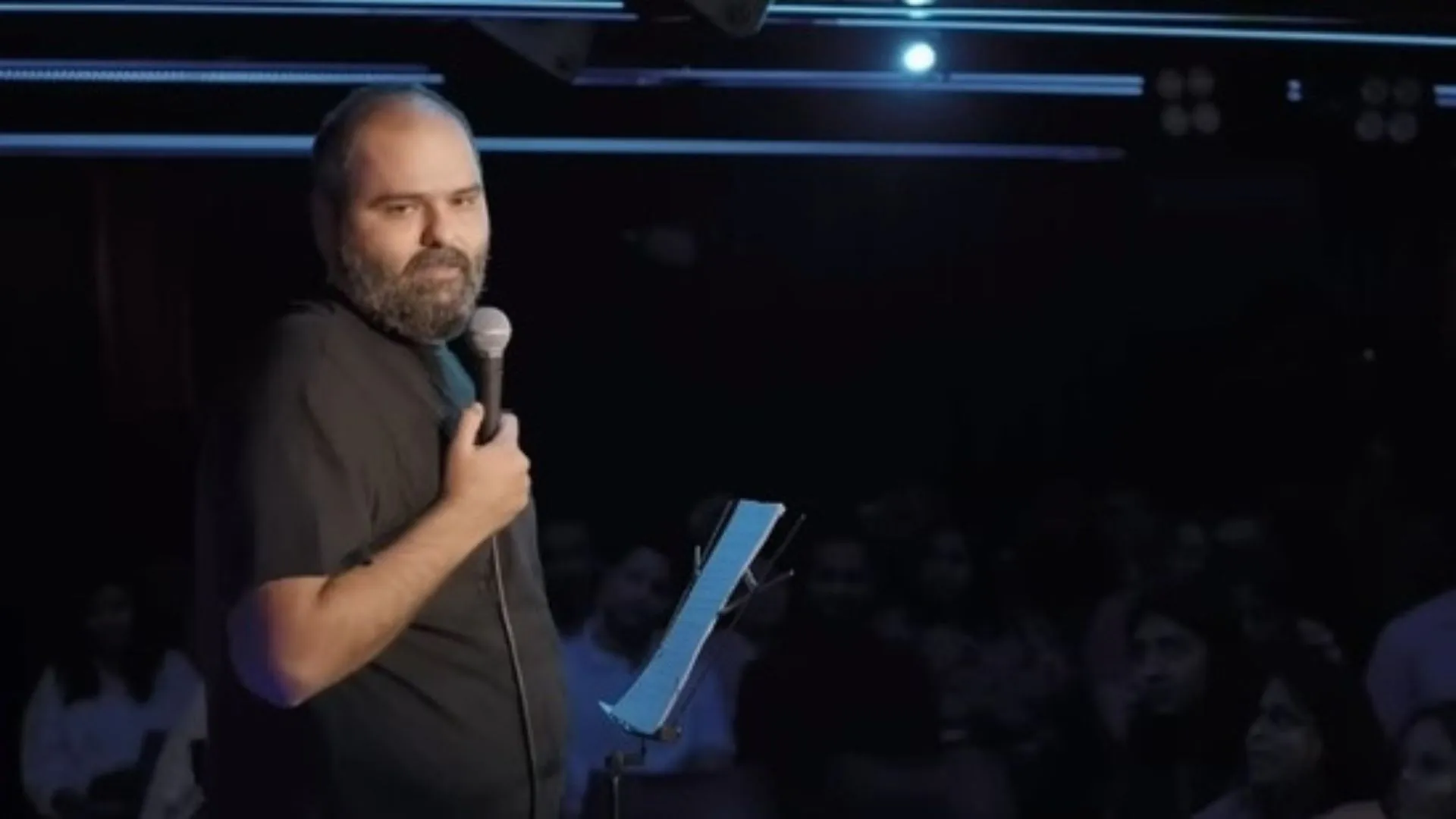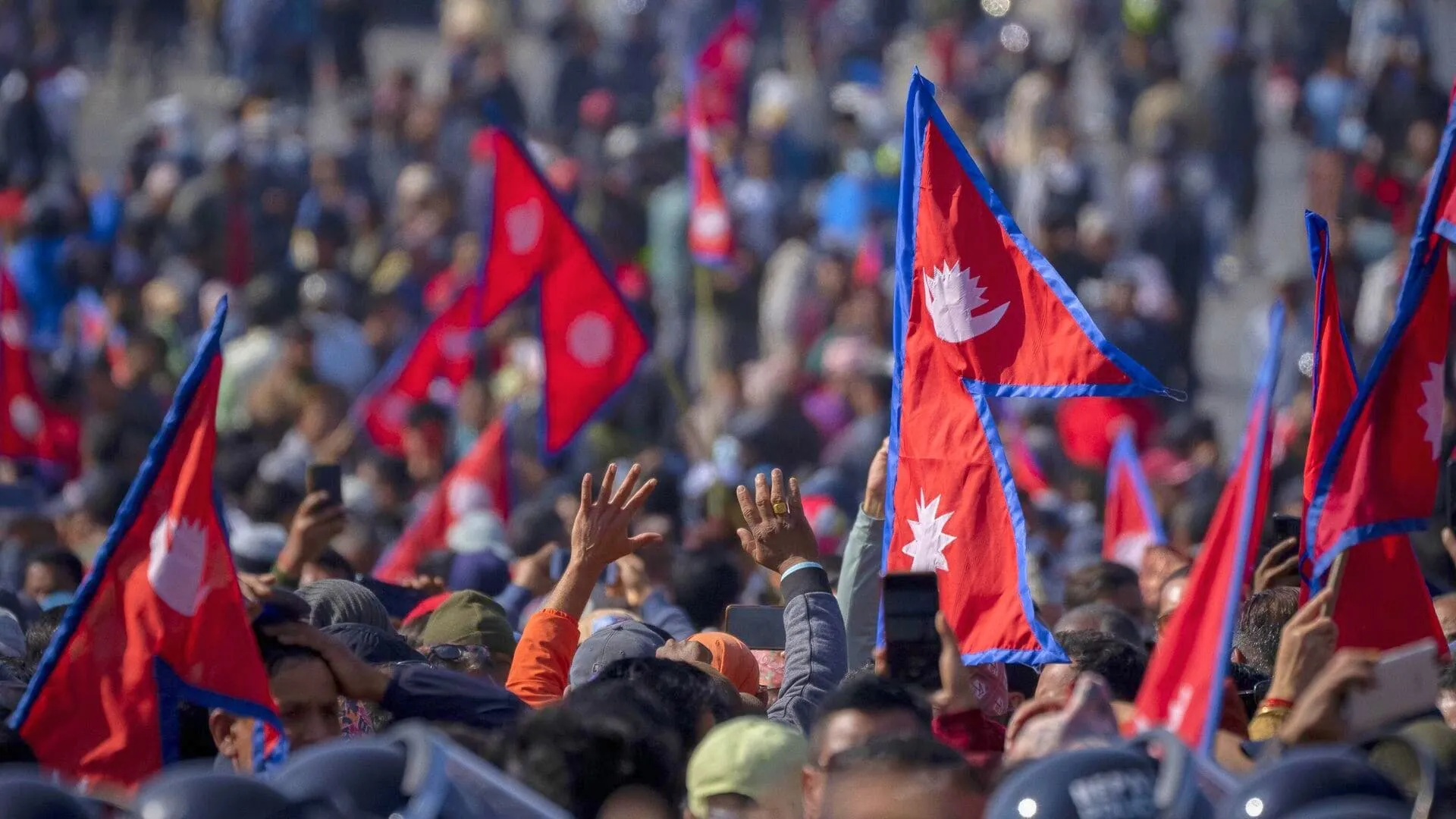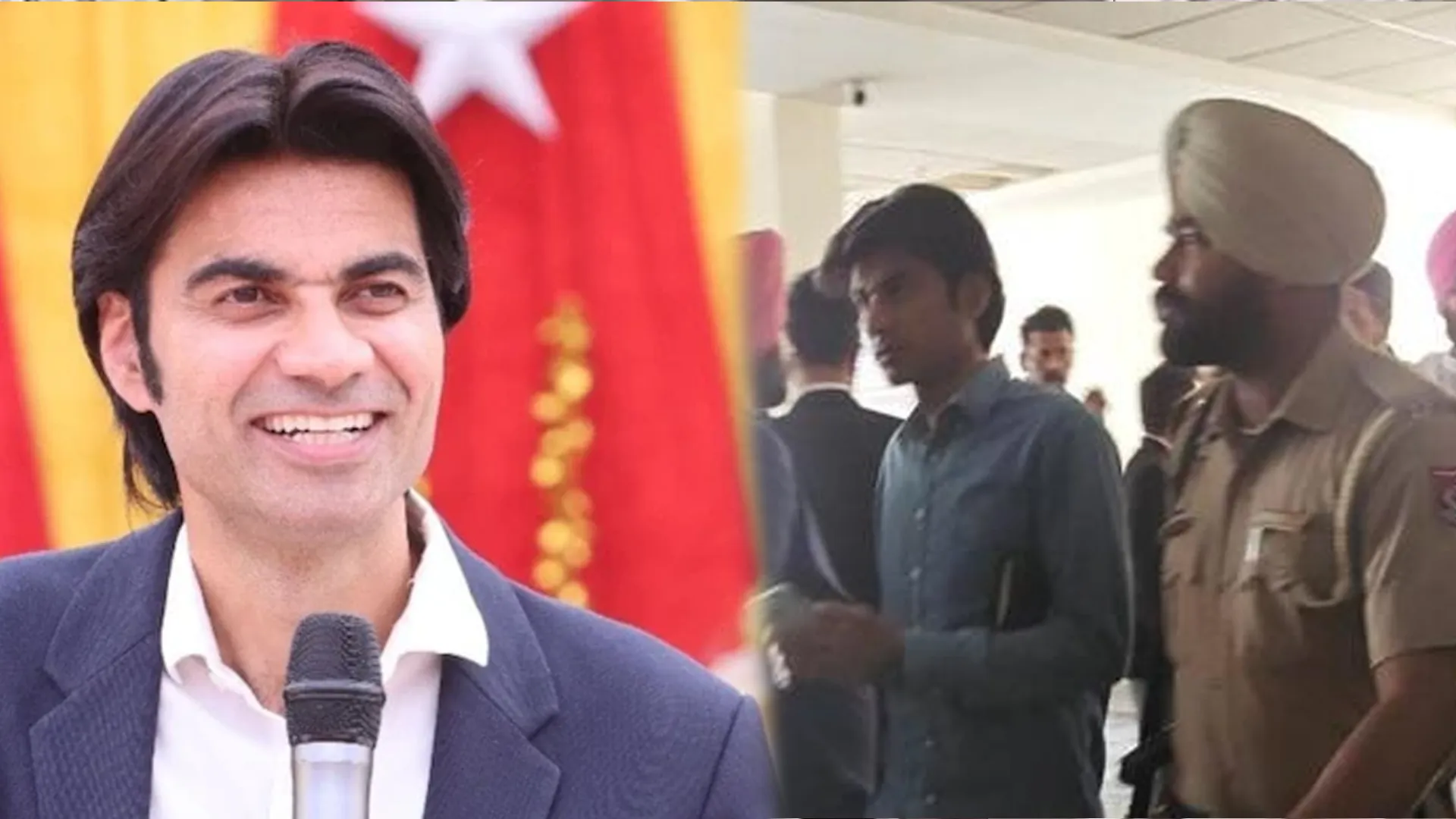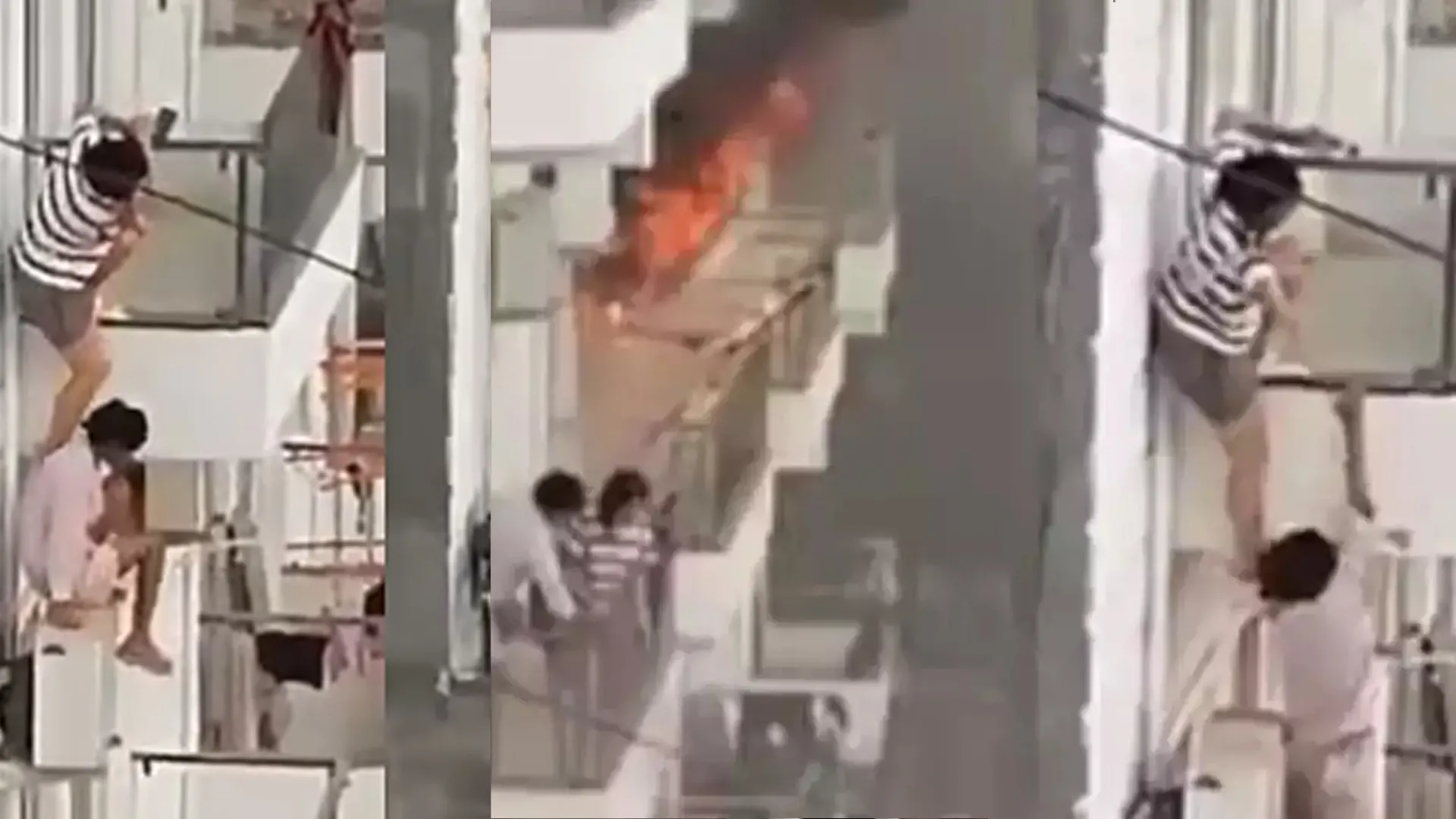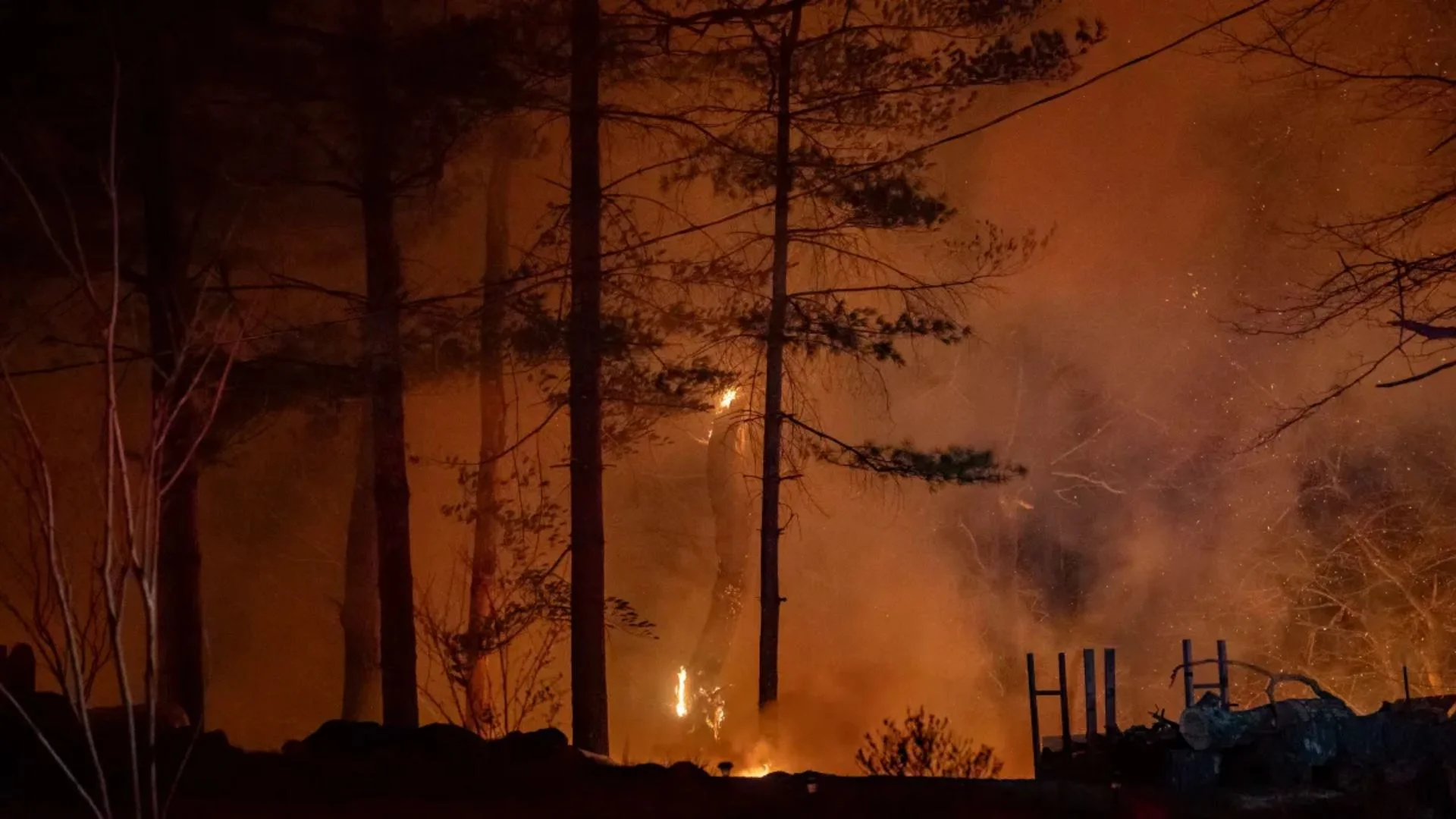On Sunday, Delhi’s air quality worsened further, crossing into the ‘severe plus’ category, with the 24-hour average Air Quality Index (AQI) hitting 457 at 7 pm. This marked the second time since last Wednesday that the AQI breached the ‘severe plus’ threshold, following the city’s air quality slipping into the ‘severe’ category for the first time this season.
All monitoring stations across Delhi reported AQI levels exceeding 400, with Bawana (490), Ashok Vihar (487), and Wazirpur (483) being the most polluted areas at 7 pm.
The India Meteorological Department (IMD) forecasted moderate to dense fog on Sunday night, with even denser fog expected on Monday morning.
To address this worsening air quality, the Commission for Air Quality Management (CAQM) enforced Stage III of the Graded Response Action Plan (GRAP) starting Friday. The plan includes halting construction and demolition, suspending non-essential mining activities, and restricting certain vehicles, such as non-electric, non-CNG, and non-BS-VI diesel interstate buses. Schools have been advised to close for classes up to Grade 5.
Also Read: Delhi’s Air Quality ‘Severe’; GRAP 3 Imposed, Private Cars Banned, Schools Go Online
As part of the measures, the Delhi Transport Department imposed stricter penalties for polluting vehicles, with fines of Rs 20,000 for offenders. Additionally, various vehicle categories, including BS-III petrol and BS-IV diesel cars, have been banned from operating in the city.
To combat pollution, the CAQM has instructed an increase in road sweeping and water sprinkling in high-pollution zones. The Delhi Metro has also expanded its operations by adding 60 extra trips on weekdays to encourage public transport use.

